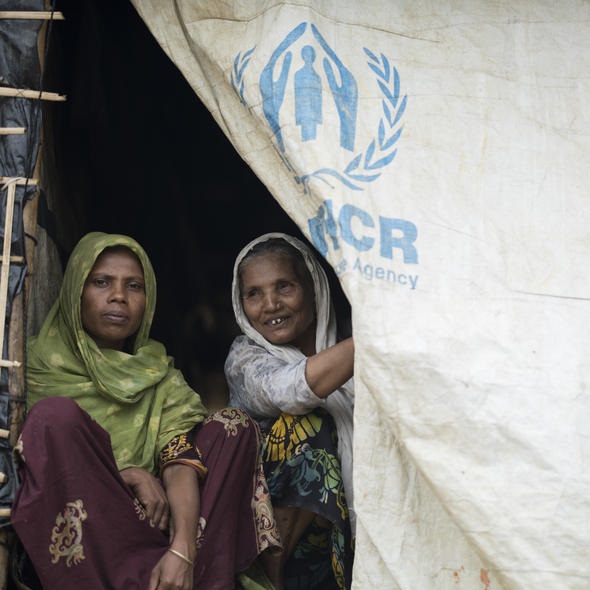Border Monitoring, inflow - 2023
Afghanistan, 2023
Get MicrodataIdentification
UNHCR_AFG_2023_BMi_anon_data_v2.1
Border Monitoring, inflow - 2023
| Name | Country code |
|---|---|
| Afghanistan | AFG |
Other Household Survey [hh/oth]
The situation inside Afghanistan deteriorated in 2021 and had significant consequences for the most vulnerable among the population. 1.6 million new arrivals have been witnessed in neighboring countries. While 5.3 million refugees returned to Afghanistan in phases since 2002, this trend has been declining in recent times. Since August 2021, UNHCR has maintained a non-return advisory for Afghanistan (reaffirmed February 2022), calling for a halt on forced returns of Afghan nationals.
To assess people’s ability to access the right to return and map potential protection risks and human rights violations faced by people, over 80,000 interviews were conducted with people across six crossing points from Pakistan, Iran and Central Asia into Afghanistan. Interviews were conducted through out 2023. Interviewees were selected to gain an understanding of triggers, intentions and reasons for Afghan cross-border movements and assess access to territory.
This dataset is the anonymized version of the original data.
Sample survey data [ssd]
Households
Version
v2.1: Edited, cleaned and anonymised data
2024-03-29
Scope
The survey was conducted with one focal point from each household covering the following:
- Displacement history
- Problems during return
- Problems in and current ties to country of asylum
- Resources for reintegration
| Topic |
|---|
| Livelihood and Social cohesion |
| Education |
| Basic Needs |
| Domestic Needs/Household Support |
| Shelter/Other Infrastructure |
| Legal Assistance/Protection |
Coverage
Border crossing points into Afghanistan from Iran, Pakistan and Central Asia
Returnees and other border crossers in 2023
Producers and sponsors
| Name |
|---|
| UNHCR |
Sampling
Not Applicable
Data collection
| Start | End |
|---|---|
| 2023-01-01 | 2023-12-31 |
Data Access
UNHCR (2023). Afghanistan: Border Monitoring, inflow - 2023. Accessed from: https://microdata.unhcr.org
Contacts
| Name | Affiliation | |
|---|---|---|
| Curation team | UNHCR | microdata@unhcr.org |
Metadata production
UNHCR_AFG_2023_BMi_anon_data_v2.1
| Name |
|---|
| UNHCR |
2024-04-01
